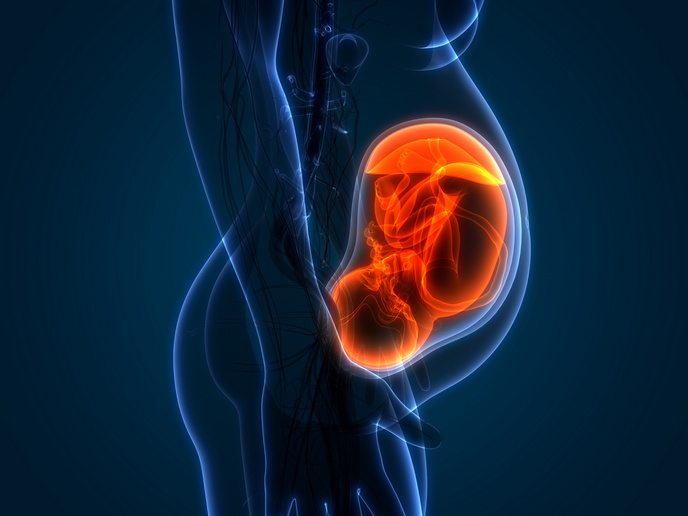Lipids for the treatment of obesity
As obesity prevalence continues to increase across Europe, it leaves behind a number of co-morbidities. Interestingly, inflammation seems to be the main driver for many of these diseases. Under physiological conditions, inflammation is the healing response to an injury or infection, which resolves after the inflammatory signal has been alleviated. Central to this process is a family of lipids, called specialised pro-resolving mediators (SPMs) that switch the behaviour of white blood cells from a pro-inflammatory to an anti-inflammatory state. In obesity, elevated sugar levels or excess fat continue to trigger inflammation, reverting the body to a chronic condition. The scope of the EU-funded SOLVING CKD (Protecting against obesity-induced chronic kidney disease using pro-resolving lipids) project was to investigate the potential of using one specific SPM, called lipoxin, to treat obesity-induced diseases. In this context, they used an experimental model, where mice subjected to a three-month high-fat diet exhibited liver and kidney dysfunction. Administration of lipoxin during the last two months of the high-fat diet significantly reduced inflammation in the fat tissues and improved kidney and liver function. Animals stopped developing fatty liver as well as kidney disease. The reduced triglycerides and serum ALT levels are testament to this. Lipoxins supported the resolution of inflammation mainly by switching the function of macrophages to an anti-inflammatory state and restoring the process of autophagy. This was concomitant with lower levels of pro-inflammatory mediators such as TNF-alpha. An important observation of the SOLVING CKD study was that lipoxins do not act as diet drugs. It alters the biology of the tissues affected by obesity-mediated inflammation. Preliminary data suggests that lipoxins could also reduce inflammation in human fat tissue, rendering them as attractive drug candidates for obesity-associated illnesses.







